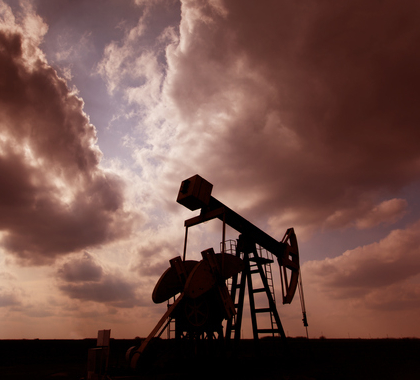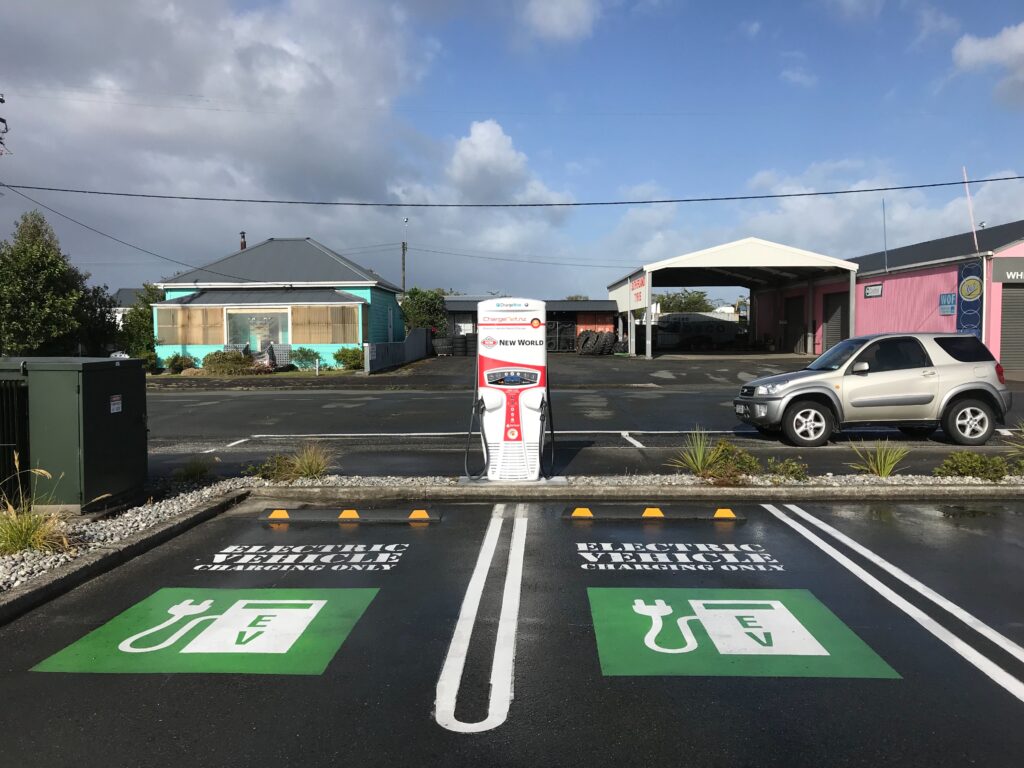This November, Colorado voters will consider Proposition 112, the ballot initiative that would designate more than 85 percent of Centennial State non-federal land unavailable for oil and gas development.
If Prop 112 were to pass it would effectively ban new oil and gas development in Colorado by requiring new sites to be at least 2,500 feet away from occupied buildings and other “vulnerable” areas. Not only would this trigger a severe self-inflicted wound to the Centennial State economy, it would also raise electricity prices, making life more difficult for all Coloradans—especially those in poverty.
A new report from the Consumer Energy Alliance (CEA) highlights the importance of energy production in Colorado, specifically energy generated from hydraulic fracturing, also known as “fracking.” The report reveals how lower natural gas prices in Colorado, due in large part to fracking, saved residents and businesses almost $12.4 billion in the decade from 2006 to 2016.
“The economic benefits of the oil and gas industry can be felt across the state—supporting jobs in 50 of Colorado’s 64 counties,” the CEA report notes. “In 2014, Colorado producers contributed almost $1.2 billion to the state’s coffers via property, income and severance taxes in addition to public land leases and royalties. This money goes to funding public safety, streets and highways, our state’s schools and other projects that benefit communities statewide.”
“On average,” the report continues, “each Colorado resident spent $2,681 for their energy needs in 2016. While this may not seem like a lot to some, it is for the more than 10 percent of Coloradoans who live in poverty. To give it some perspective, that is more than 564,000 men, women and children—enough people to fill Mile High Stadium almost 8 times. And for those people living at or below the poverty line that translates to at least 22 percent of their income going toward energy expenses.”
Moreover, the oil and natural gas industries supported about 232,000 jobs in Colorado in 2015, producing more than $23 billion in labor income and $31 billion in total economic impact, according to a 2017 American Petroleum Institute study prepared by PricewaterhouseCoopers.
Additionally, if Prop 112 were to pass, it would cause more than 100,000 jobs lost and $1.1 billion less in state and local tax revenue through 2030, including a whopping $258 million revenue decline in the first year alone, the Common Sense Policy Roundtable estimates.
Furthermore, Prop 112 is opposed by editorial boards at The Denver Post, The Durango Herald, The Grand Junction Daily Sentinel, Aurora Sentinel, The Colorado Springs Gazette, Craig Daily Press, The Pueblo Chieftain, and The Fort Morgan Times.
Hydraulic fracturing enables the cost-effective extraction of once-inaccessible oil and natural gas deposits. These energy sources are abundant, inexpensive, environmentally safe, and can ensure the United States remains a leading energy producer well beyond the twenty-first century.
Colorado is the sixth-largest producer of natural gas in the United States, and the seventh-largest producer of oil. Meanwhile, emissions are declining as energy production is reaching record levels. Energy is a crucial part of Colorado’s economy. Therefore, banning new production sites, which is essentially what Prop 112 would do, would result in serious short- and long-term fiscal harm to Centennial State residents.
If Prop 112 is rejected by voters, Colorado policymakers should take that as a sign that residents do not want unnecessary burdens on the natural gas and oil industries, which are environmentally safe and vital to the Centennial State’s economy.
The following documents provide more information about Prop 112 and hydraulic fracturing.
Increasing the Oil and Gas Setback Requirement to 2,500-feet in Colorado: The Economic and Fiscal Impacts of 2018 Proposition 112
http://commonsensepolicyroundtable.org/wp-content/uploads/2018/09/CSPR_CO_Proposition_112_Report.pdf
This study from the Common Sense Policy Roundtable evaluates the economic and fiscal impacts of the proposed Ballot Proposition 112. It concludes it would lead to the loss of over 100,000 jobs and up to $1.1 billion in state and local tax revenue through 2030, with $258 million in revenue being lost in the first year alone. This revenue goes to pay for schools, road maintenance, public safety, and other municipal services.
The Importance of Affordable and Abundant Oil and Natural Gas for Colorado
https://consumerenergyalliance.org/cms/wp-content/uploads/2018/10/CEA-CO-Report-101118.pdf
This report from the Consumer Energy Alliance examined how the shale revolution across Colorado has provided benefits to Centennial State residents by boosting disposable income and revitalizing communities, saving residential users $4.3 billion, and commercial and industrial users $8 billion.
Debunking Four Persistent Myths about Hydraulic Fracturing
https://heartland.org/publications-resources/publications/debunking-four-persistent-myths-about-hydraulic-fracturing
This Heartland Institute Policy Brief by Policy Analyst Timothy Benson and former Heartland communications intern Linnea Lueken outlines the basic elements of the fracking process and then refutes the four most widespread fracking myths, providing lawmakers and the public with the research and data they need to make informed decisions about hydraulic fracturing.
The Social Benefits of Fossil Fuels
https://heartland.org/publications-resources/publications/the-social-benefits-of-fossil-fuels
This Heartland Policy Brief by Joseph Bast and Peter Ferrara documents the many benefits from the historic and still ongoing use of fossil fuels. Fossil fuels are lifting billions of people out of poverty, reducing all the negative effects of poverty on human health, and vastly improving human well-being and safety by powering labor-saving and life-protecting technologies, such as air conditioning, modern medicine, and cars and trucks. They are dramatically increasing the quantity of food humans produce and improving the reliability of the food supply, directly benefiting human health. Further, fossil fuel emissions are possibly contributing to a “Greening of the Earth,” benefiting all the plants and wildlife on the planet.
The Local Economic and Welfare Consequences of Hydraulic Fracturing
https://heartland.org/publications-resources/publications/the-local-economic-and-welfare-consequences-of-hydraulic-fracturing
This comprehensive study published by the National Bureau of Economic Research says fracking brings, on average, $1,300 to $1,900 in annual benefits to local households, including a 7 percent increase in average income, a 10 percent increase in employment, and a 6 percent increase in housing prices.
Local Fiscal Effects of a Drilling Downturn: Local Government Impacts of Decreased Oil and Gas Activity in Five U.S. Shale Regions
http://www.rff.org/files/document/file/RFF%20Rpt-SPF.pdf
This study from Resources for the Future finds 82 percent of communities in the five largest shale regions in the United States experienced a net fiscal benefit from hydraulic fracturing despite a large drop in oil and natural gas commodity prices starting in 2014.
Impacts of the Natural Gas and Oil Industry on the U.S. Economy in 2015
https://heartland.org/publications-resources/publications/impacts-of-the-natural-gas-and-oil-industry-on-the-us-economy-in-2015
This study, conducted by PricewaterhouseCoopers and commissioned by the American Petroleum Institute, shows that the natural gas and oil industry supported 10.3 million U.S. jobs in 2015. According to the Bureau of Labor Statistics, the average wage paid by the natural gas and oil industry, excluding retail station jobs, was $101,181 in 2016, which is nearly 90 percent more than the national average. The study also shows the natural gas and oil industry has had widespread impacts in each of the 50 states.
What If … Hydraulic Fracturing Was Banned?
https://heartland.org/publications-resources/publications/what-if-hydraulic-fracturing-was-banned
This is the fourth in a series of studies produced by the U.S. Chamber of Commerce’s Institute for 21st Century Energy. It examines what a nationwide ban on hydraulic fracturing would entail. The report’s authors found by 2022, a ban would cause 14.8 million jobs to “evaporate,” almost double gasoline and electricity prices, and increase natural gas prices by 400 percent. Moreover, cost of living expenses would increase by nearly $4,000 per family, household incomes would be reduced by $873 billion, and GDP would be reduced by $1.6 trillion.
What If … America’s Energy Renaissance Never Happened?
https://heartland.org/publications-resources/publications/what-ifamericas-energy-renaissance-never-actually-happened
This report by the U.S. Chamber of Commerce’s Institute for 21st Century Energy examines the impact the development of shale oil and gas has had on the United States. The report’s authors found that without the fracking-related “energy renaissance,” 4.3 million jobs in the United States may not have ever been created and $548 billion in annual GDP would have been lost since 2009. The report also found electricity prices would be 31 percent higher and gasoline prices 43 percent higher.
Nothing in this Research & Commentary is intended to influence the passage of legislation, and it does not necessarily represent the views of The Heartland Institute. For further information on this subject, visit Environment & Climate News, The Heartland Institute’s website, and PolicyBot, Heartland’s free online research database.
The Heartland Institute can send an expert to your state to testify or brief your caucus; host an event in your state; or send you further information on a topic. Please don’t hesitate to contact us if we can be of assistance! If you have any questions or comments, contact John Nothdurft, Heartland’s director of government relations, at [email protected] or 312/377-4000.




